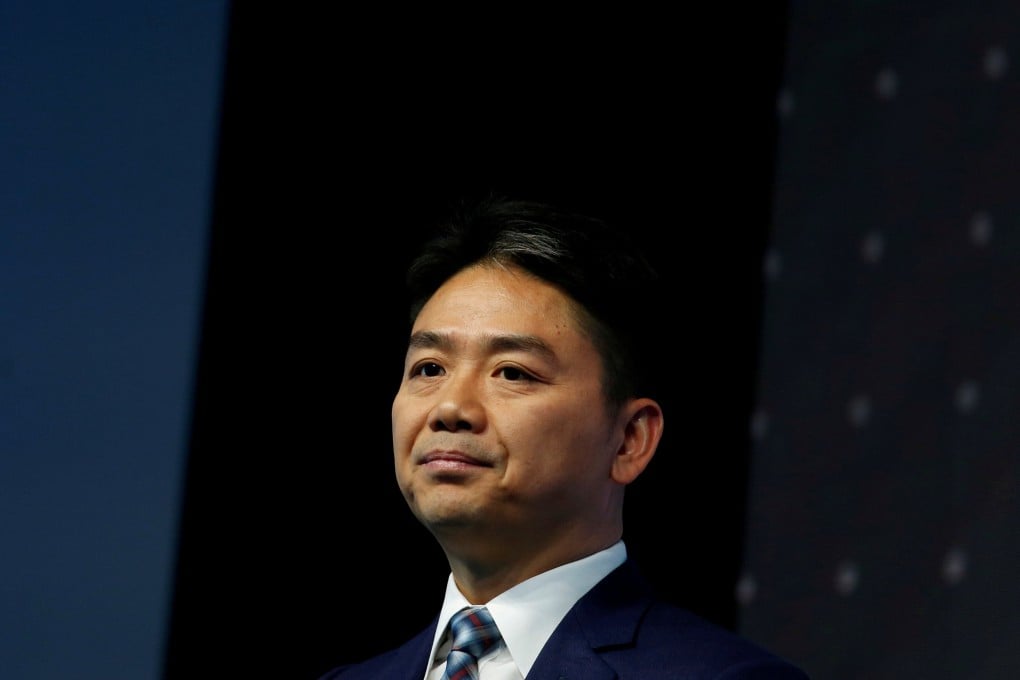How JD.com founder Richard Liu rebounded from a Minneapolis sex scandal to achieve a hat-trick of IPOs in Hong Kong
- Liu has avoided the limelight since 2018 when he was briefly detained by Minneapolis police for allegedly raping a 21-year-old student. He was cleared of all criminal charges
- The recent management reshuffles at JD.com demonstrate that Liu retains absolute control of the business empire he built from scratch

Richard Liu Qiangdong, the billionaire founder of Chinese e-commerce giant JD.com, has emerged as one of the biggest winners in China’s tech sector, with two successful public listings in Hong Kong and another in the pipeline, in what analysts are calling an impressive comeback after being mired in a sex scandal two and a half years ago.
The logistics unit of Liu’s business empire filed a listing application with the Hong Kong stock exchange on Tuesday, two months after JD Health raised US$3.5 billion in its maiden share offering in December and eight months after the parent company raised US$4.5 billion in a secondary listing in Hong Kong last June, in what was the city’s biggest fundraiser of that year.
The public float of JD Logistics – JD.com’s delivery team that was spun off as a separate unit in 2017 – would be a personal victory for Liu, who early on championed the need for an in-house team despite criticism from rivals that it was an “asset heavy” approach.
Liu even refers to his 250,000 JD delivery workers as “my brothers”. In a letter to these employees in 2019, when Liu announced cuts to their benefits and base salaries, he tried to soften the blow by explaining how he worked as JD delivery man in the beginning, pointing out that the first vehicle bought by the company was a rickshaw used for deliveries.
In two management reshuffles at the end of last year, Wang Zhenhui, the former chief executive of JD Logistics, abruptly left the company, citing “personal reasons”, and was replaced by Liu’s protégé Yu Rui.